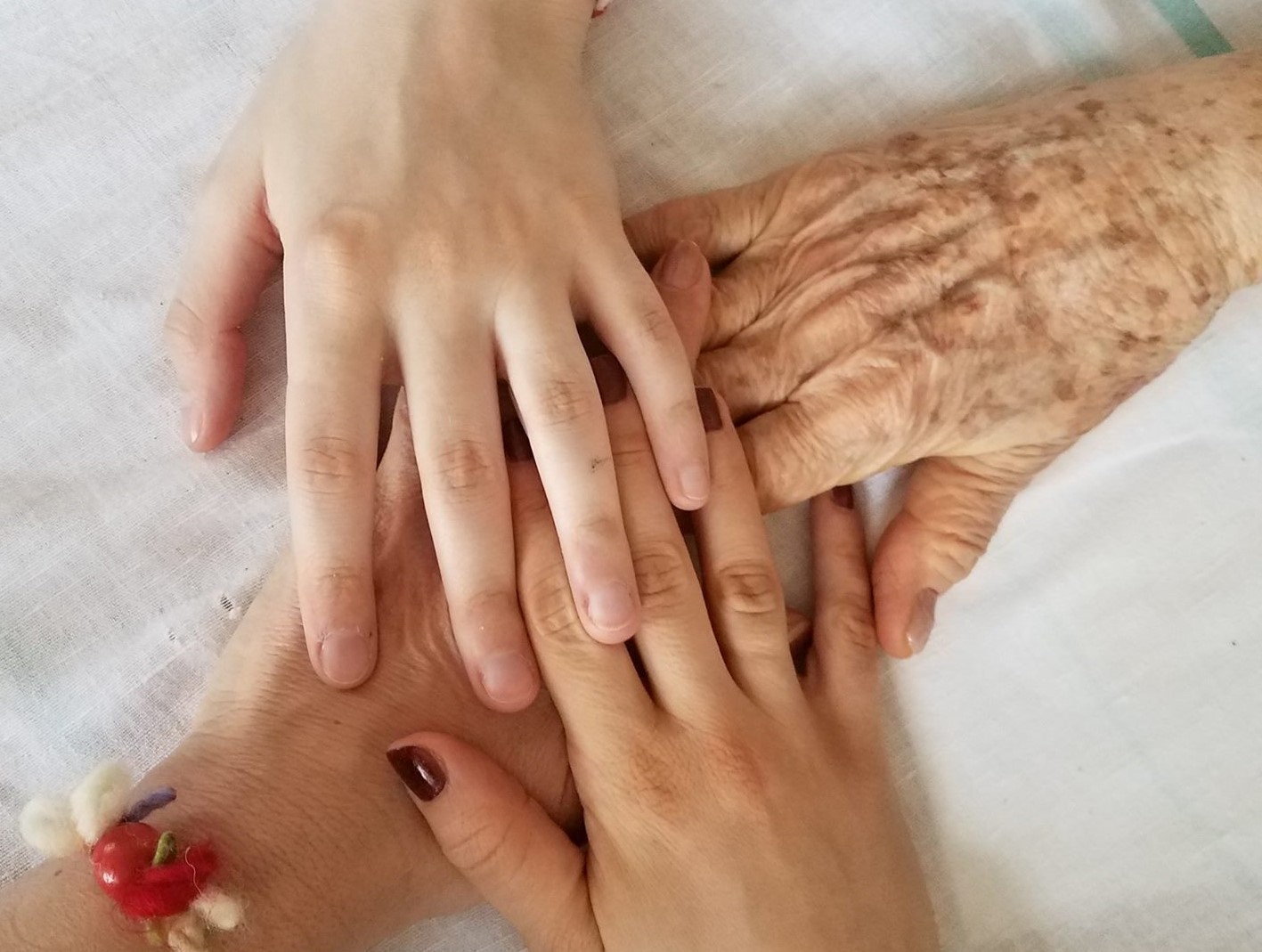By Irina Todorova, Health Psychology Research Center in Sofia, Bulgaria
Taking care of aging loved ones, who are perhaps in frail health, can be a complicated and confusing experience that is both gratifying and frustrating. Medical science is helping people live longer, healthier lives, and in some cases can slow down the cognitive decline that frequently come with age. The way that families care for older members, as well as the meaning of aging, dementia and caregiving varies across cultural contexts. Most people are aging at home as members of their communities, which has psychosocial benefits for the older person as well as for the different generations of family members. At the same time, caring for people with declining health is accompanied with physical effort, psychological strain, grief related to ongoing loss and possibly financial difficulties for the caregiver.
Narrative health psychology aims to understand people’s lived experiences and meanings within their everyday contexts through storytelling, especially for making sense of health and illness and related identity changes. Through narratives, people can make sense of unexpected “biographical disruptions” and create connections between past, present and future, as well as continuity in the changed self and relationships. Through linking separate events into a flowing story, people create explanations of what has happened, what it means, and who one now has become. As we have also seen in our research on caregiving, narratives allow caregivers to make sense of how their relationship with their loved one is being redefined with time. Narrative health psychology emphasizes that stories have multiple levels, such as personal, social, and cultural, which can illuminate health disparities. Narratives of patients, their formal and informal caregivers are being highlighted also in medicine, including medical practice and medical education.
Caring for the caregiver: Researchers and practitioners have been interested in how caregivers can be supported. Evaluation studies have shown that different approaches can be helpful, and they can be summarized in the following groups:
- Education and training – increasing knowledge about aging and dementia, its stages and symptoms;
- Social support – provided by peers in support groups or on-line formats; and by family and friends;
- Respite – social networks or organizations can provide respite from care to alleviate caregiver fatigue;
- Health promoting behaviors for the caregivers, such as physical activity, stress reduction practices and activities.
We must also emphasize the importance of advocating for policies to support informal caregivers, patients and their families. For example, the Massachusetts Legislature, in response to input from families and health professionals and advocated for by the local Alzheimer’s Association chapter, very recently passed the Mass Alzheimer’s and Dementia Act. This legislation will support training of health providers to diagnose and provide care for dementia patients and families; provide adequate notification of the diagnosis; and ensure adequate acute care and protection from abuse.
Narrative health practice: Narrative practices are person- centered, dialogical and embedded in the cultural and structural contexts in which caring is taking place. Caregivers’ narrative practice helps in their own meaning making, and also increases their “narrative competence” – to listen and be attuned to the stories and experiences of the person they care for.
One conclusion from meta-analyses of interventions to promote caregiver well-being is that these are most effective when both the caregivers and the patients are involved. There are several examples of storytelling programs introduced in residential care/nursing homes (e.g., ‘life story work’ and ‘reminiscence work’). Though most of these focus on the older people, some of them are organized as collaborative and joint storytelling practices, which include family and informal caregivers.
Caregiving can be a taxing situation for informal caregivers, and it is lived through stories which weave together fatigue and grief, and which serve to deepen relationships with loved ones. Helping caregivers to embrace their own stories can contribute to attaining a renewed sense of meaning and purpose.
From a narrative practice perspective, we offer the following suggestions for practitioners to implement, and which caregivers could themselves take into consideration in their daily acts of caregiving.
Practical recommendations
- Encourage (informal) caregivers to share their stories of caregiving and the changing relationship with their loved one. Ask open-ended questions (“tell be about a time when…”) and listen with empathy, and encourage caregivers to talk to friends or to join peer support groups where stories are shared.
- Encourage caregivers to take up journal writing, and to read and reflect on literature and poetry. Reflecting on these stories is a helpful way for caregivers to make sense of what is happening in their lives, and this can benefit health in a number of different ways.
- Acknowledge that caregivers’ stories are relational, and propose that caregivers and the persons they care for dedicate time to talk together about their shared past and present. Give caregivers ideas about how to evoke and connect memories with the cared for person (for example through looking at old photographs, objects that embody joint memories, making memory boxes and collages).
- These storytelling practices take time to implement and may not resonate with all caregivers. They should therefore be discussed sensitively and tentatively. As the stories can evoke multiple emotions, storytelling practices can also be done in brief sittings.

